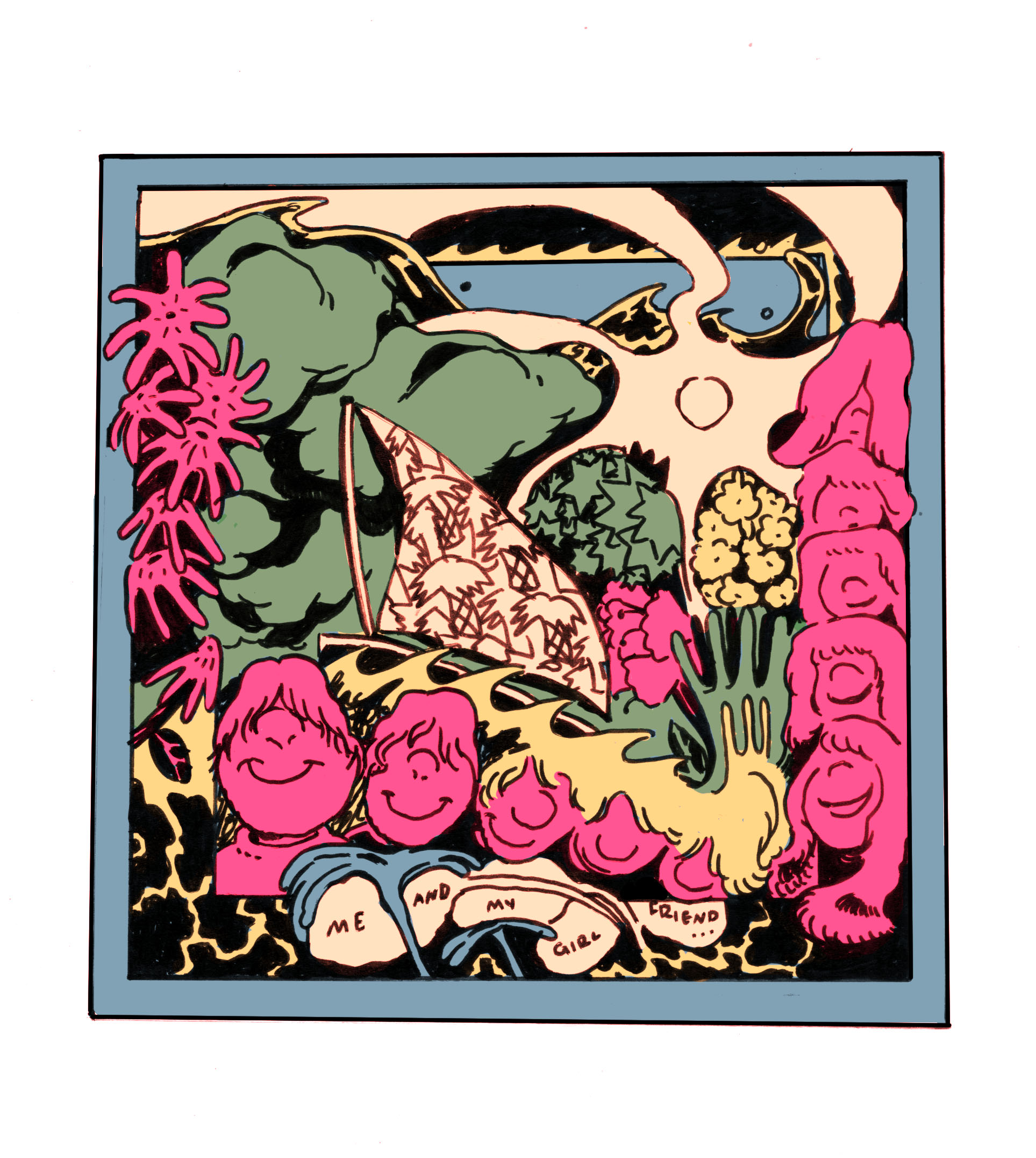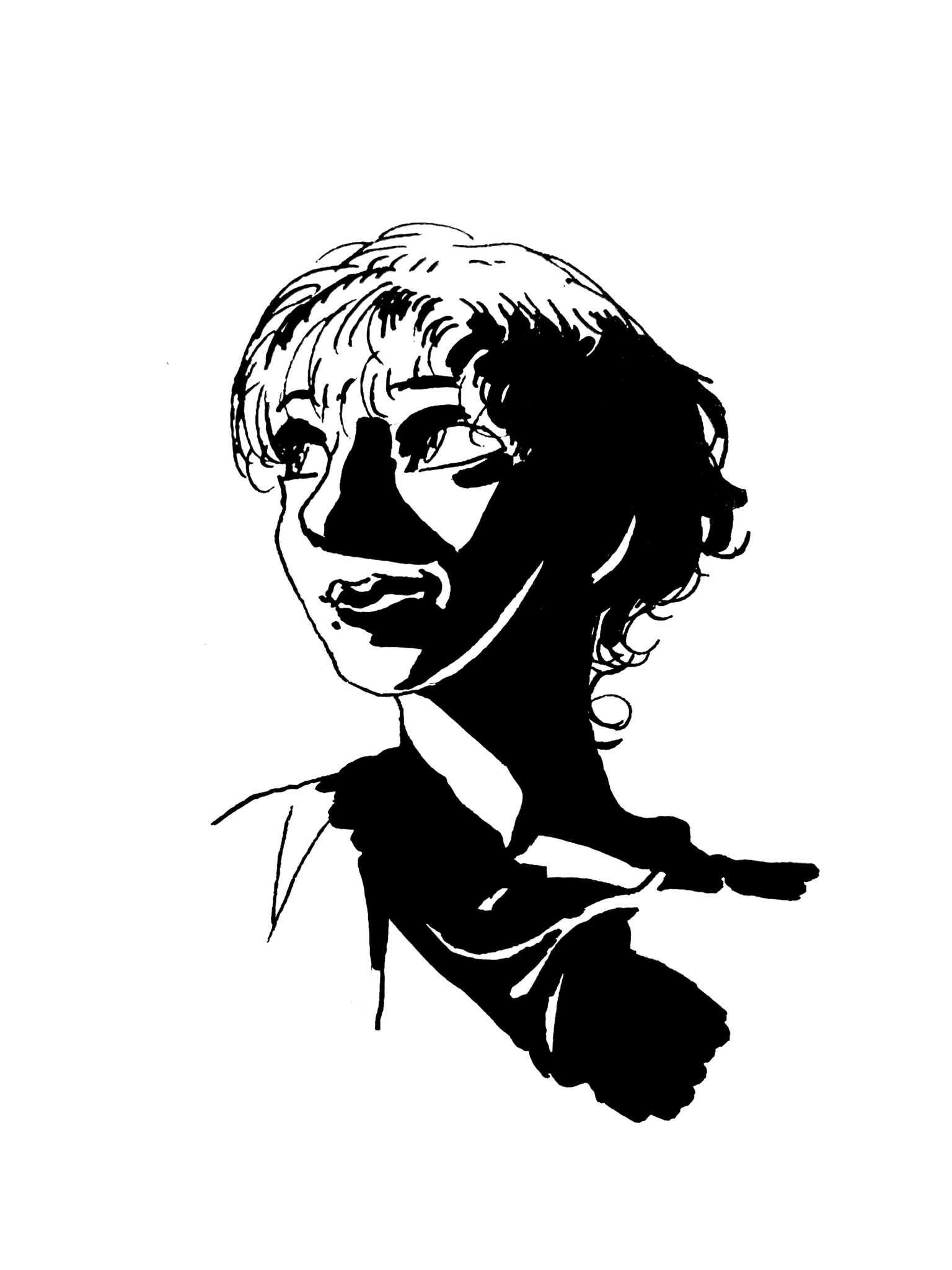Alright – so today we’ve got the honor of introducing you to Emma Beck. We think you’ll enjoy our conversation, we’ve shared it below.
Hi Emma, thanks for joining us today. Did you always know you wanted to pursue a creative or artistic career? When did you first know?
Drawing has felt like second nature for as long as I can remember, something I can spend hours in solitude with, as a social device with friends and family, something I couldn’t stop doing if I tried.
It’s something I knew I’d be doing my whole life, but it wasn’t until a public art show during high school that I knew I wanted to make it my career. Seeing all kinds of people engage with and respond to something I made gave me an unexpected, incredible feeling, and I knew I wanted to throw myself into pursuing it.
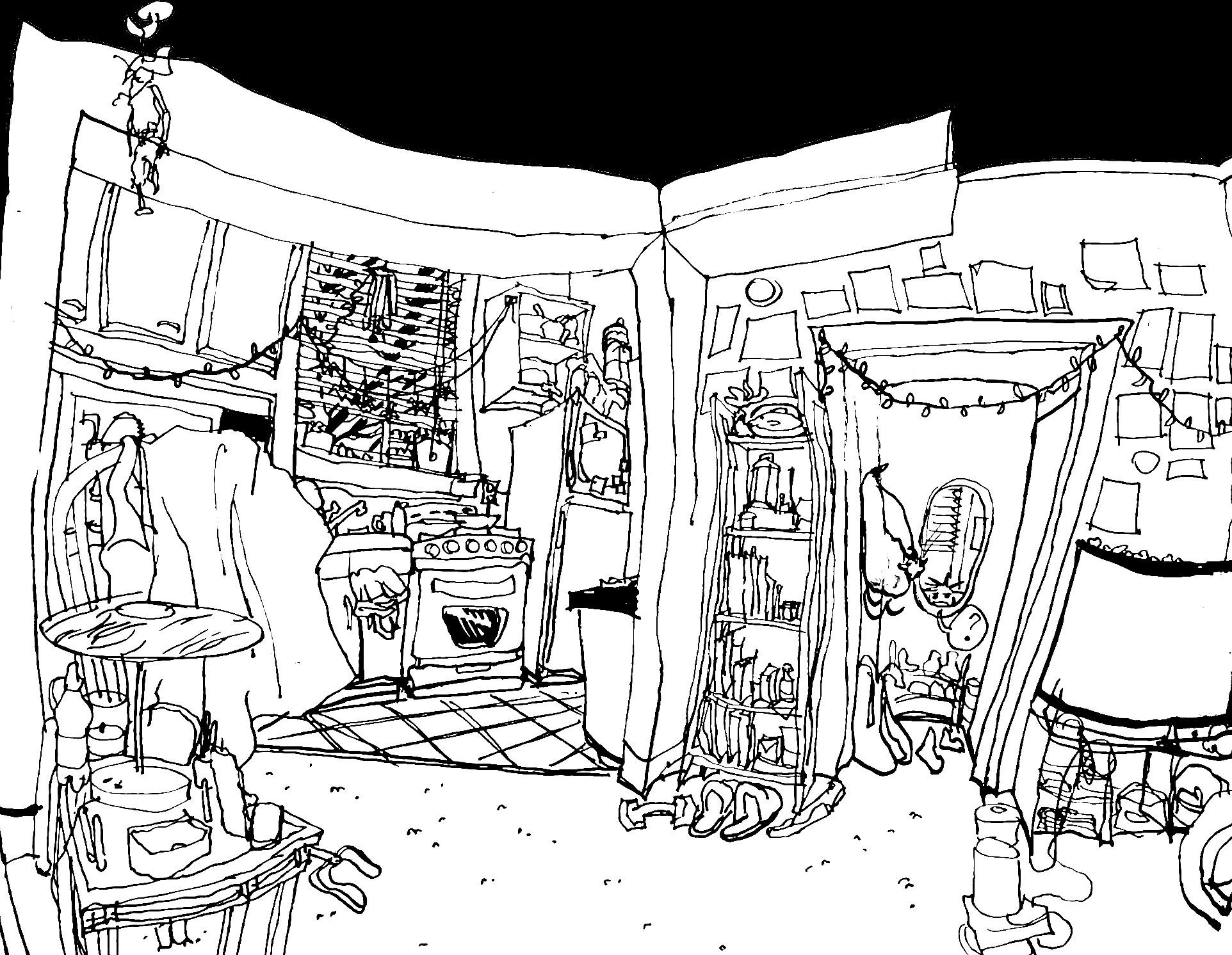
Emma, before we move on to more of these sorts of questions, can you take some time to bring our readers up to speed on you and what you do?
I started posting drawings to Instagram as a teenager to my handful of followers. I also do in-person commissions along with the occasional street caricature, but I mainly do commissions online, and mostly still through @oklobster on Instagram.
I graduated with a BFA from the Minneapolis College of Art and Design in 2023, where I met so many amazing artists I hope to work with in the future. Right now, I have a day job and am working on setting up a website to sell prints and zines, hoping to target the publishing industry with pitches for a series someday.
I consider myself a cartoonist who works traditionally (pen and paper) which doesn’t slow down work in any way since I’m scanning and manipulating everything digitally as soon as I ink something. Especially inspired by mid-nineteenth century comics and illustrations, the style I naturally gravitate to is more visually traditional than some other modern digital artists.
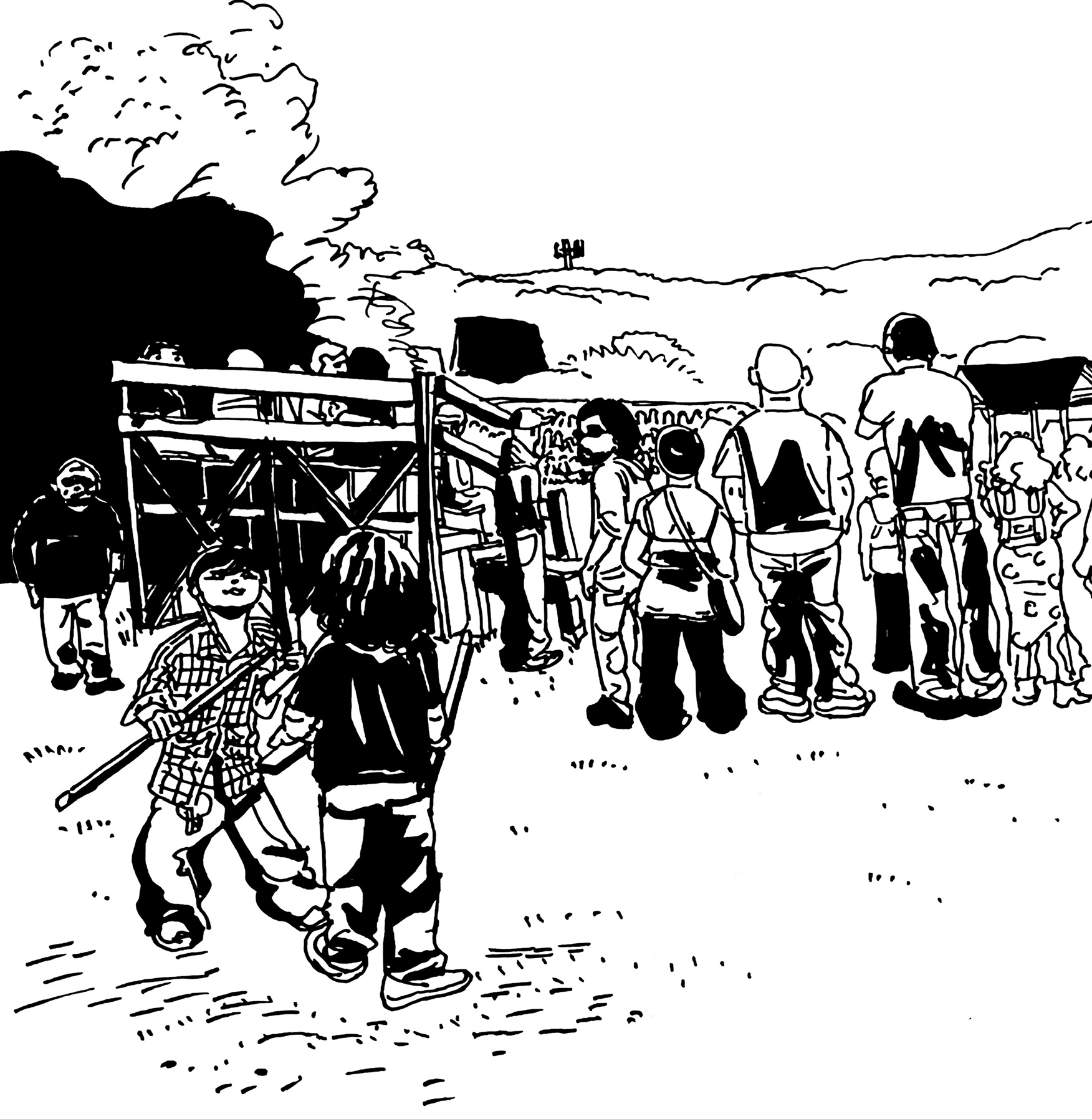
Alright – so here’s a fun one. What do you think about NFTs?
I believe NFT’s are incredibly harmful to the art world. NFT’s are created, traded, and valued using ethereum blockchain, which is mined using fossil fuels, consuming massive amounts of energy and releasing significantly more metric tons of carbon dioxide into the atmosphere. Aside from the environment, the idea NFT’s increase an artwork’s value is fallacy, and its assets can be easily copied. In reality, a handful of well known creators will make loads of money from sales of their often simple, recognizable NFTS, while most other small artists who have hopes of profit are selling next to nothing.
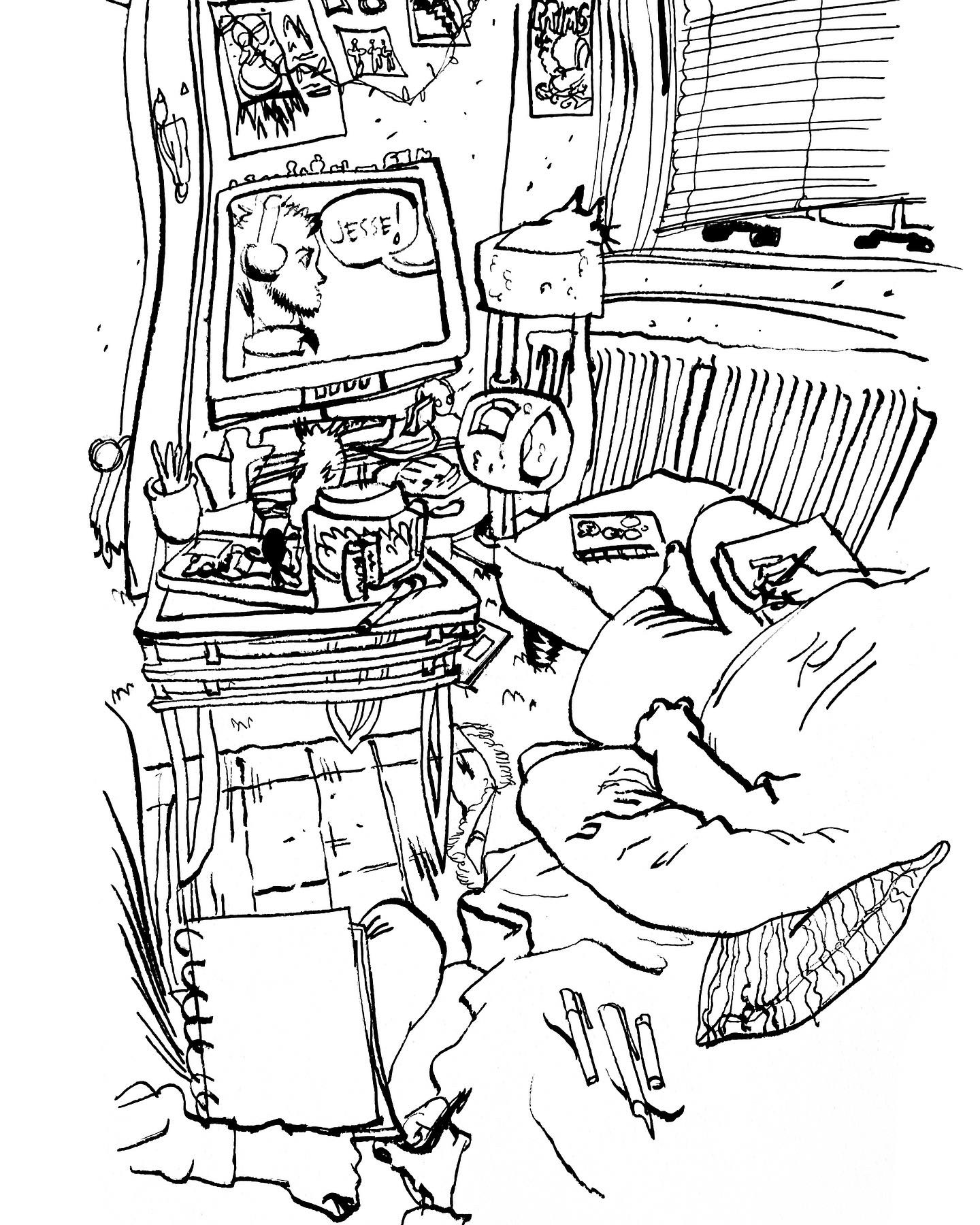
In your view, what can society to do to best support artists, creatives and a thriving creative ecosystem?
Making art classes accessible at all levels of education is a very important step in achieving a society where artists can thrive. More public art colleges would be a great step for this, and more funding to art and music programs in public schools and universities (my high school had a great arts program, and it encouraged my decision to commit to drawing). In addition, I believe communities would benefit from more local galleries for artists to present and sell their work.
Contact Info:
- Instagram: oklobster
- Twitter: triplelobster
